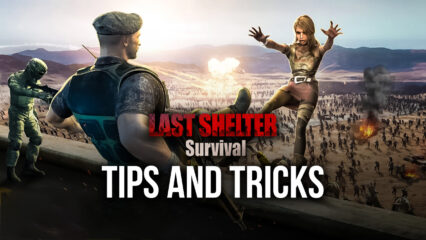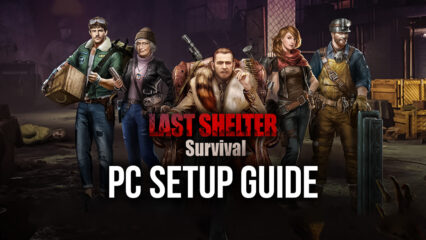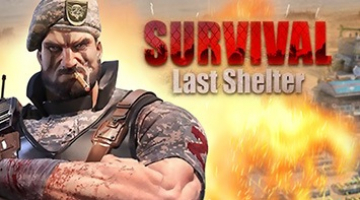War Strategies for Last Shelter: Survival
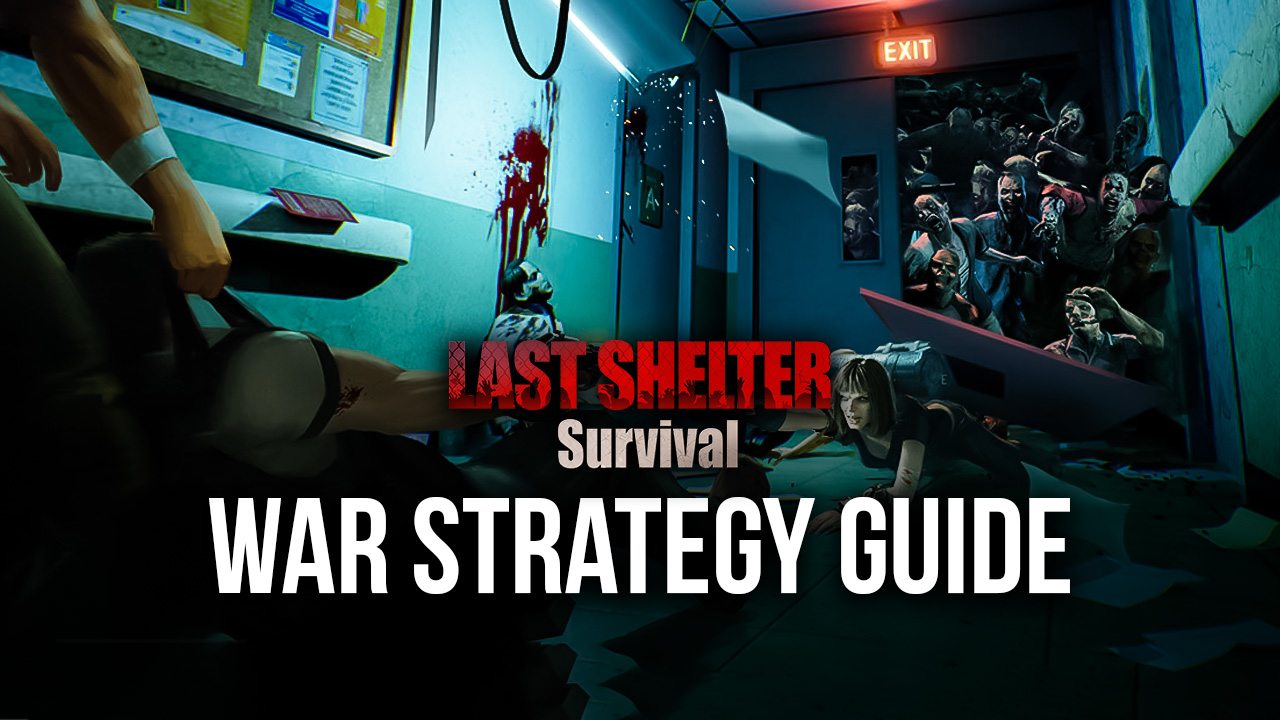
Last Shelter: Survival can quickly transform into a battle zone once the diplomacy between alliances falls off. The game requires players to construct a powerful military might so that they can defend themselves from the threat of being attacked by other players or, at least, so that they’ll be able to play aggressively themselves. Half of the fun you have playing this game comes from its war aspect, where you get to test your limit against other players.
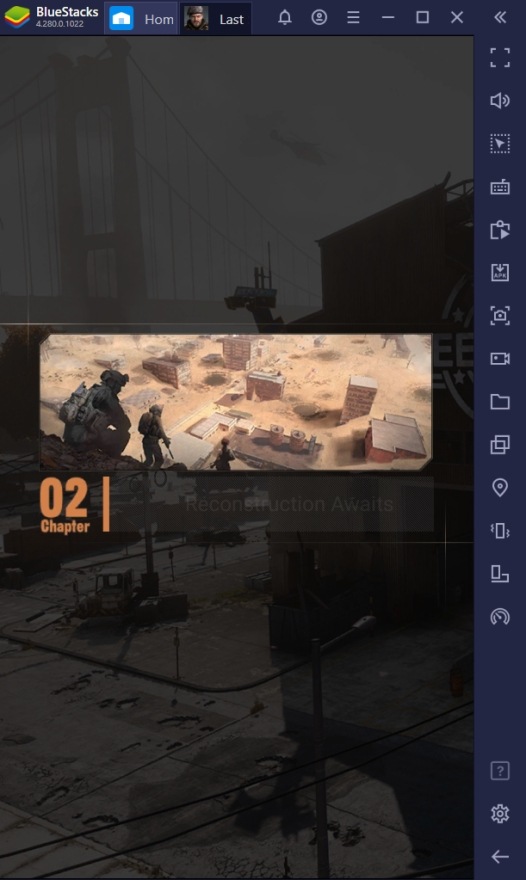
War in Last Shelter: Survival is a heavy, serious undertaking. When a shelter’s durability is reduced to zero, your account in that server will be permanently destroyed. No matter how much time or effort you spent caring for your shelter, it won’t matter once a ruthless player starts sending wave after wave of soldiers to destroy your city. There are several ways you can improve your military or avoid an all-out attack; here are some war strategies to help you along the way.
Diversifying Soldiers
There are three different troop types in Last Shelter: Survival – fighter, shooter, and vehicle. These three soldier types each have strengths and weaknesses that help your army become stronger overall against a specific type of threat. Having a diversified army containing a balanced amount of all three unit types should help you defend better against huge armies. Attacking with a diversified army also helps reduce the number of soldier deaths on the battlefield.
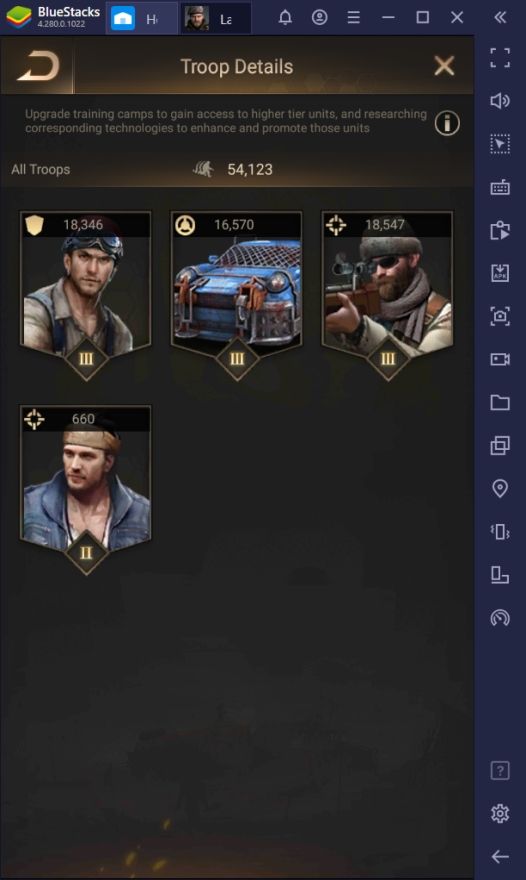
Players can build all three training facilities to produce all three types of soldiers. The only problem that players should be facing is allocating the resources to train all unit types. Check out our Last Shelter Economy Guide to help with your resource production. The biggest thing to keep in mind is that players should always have all three training facilities producing soldiers at all times and everything should be fine.
Updating Your Army
As you level up your training facilities, you’ll be able to unlock new unit types that have stronger stats. Individually, these stats look like a small change, but if you have thousands of units, all of those single-digit increases upgrade your power by huge margins. Never train troops that are of a lower tier, even if it’s because you only have a limited amount of resources left in the tank to train soldiers.
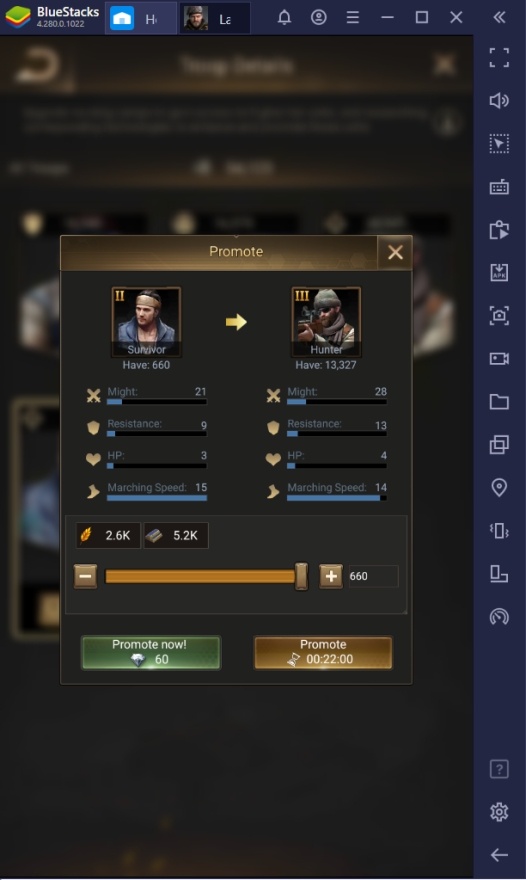
Once you unlock new unit types, be sure to promote your old soldiers to the new ones. Even if it takes a while to complete training, players should be diligent about transitioning their old army into the newer models to increase power. You can go to the Command Center to promote your outdated units to better ones.
Assigning Heroes
Heroes play a big part in leading an army to success. There are two types of heroes in Last Shelter: Survival – development and combat. Combat Heroes specialize in leading troops to battle by increasing the power of the units that they are directly commanding in a march order. Heroes of a higher rarity are generally better overall, but players should still take their roles into consideration when assigning them.

All Heroes have two passive bonuses when included in a troop unit. Players should read up on these abilities by clicking on the heroes’ icons to determine which unit types they buff and what types of combat they are best suited to fighting in. Depending on their specialization, players should assign different heroes for their optimal purposes.
Scouting the Enemy
Scouting is an important practice in Last Shelter: Survival. Before attacking an enemy, gather as much information as possible. Such information includes looking at their alliance’s power, scouting their troop count, and determining if they are AFK or active. Once the player has gathered the information that he/she needs, they can decide whether it’s worth attacking the player or if there will be repercussions to the attack.
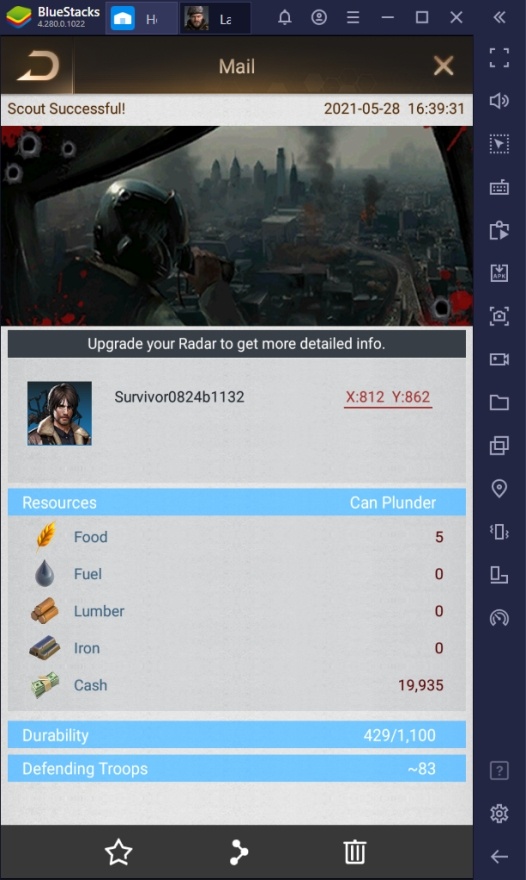
You should be careful when scouting out another player not only because they’ll know you did, but this will often be taken as an act of aggression against the player being scouted. If you’re attacking a smaller player, a scout attempt can also prompt the other player to pop a peace shield so that you won’t be able to attack them for a short duration. Since players’ countries are indicated on their shelter, you can scout or attack them during the time that you think they’ll be asleep.
When to Use Peace Shields
Peace shields prevent a shelter from being attacked for a short duration. While players are under a peace shield, they also can’t attack other players unless they want to break the protection. A peace shield should be a player’s last resort when defending against another player that’s significantly bigger than them in terms of overall military power. However, players should also try to avoid using these shields too often, especially if they’re F2P players.
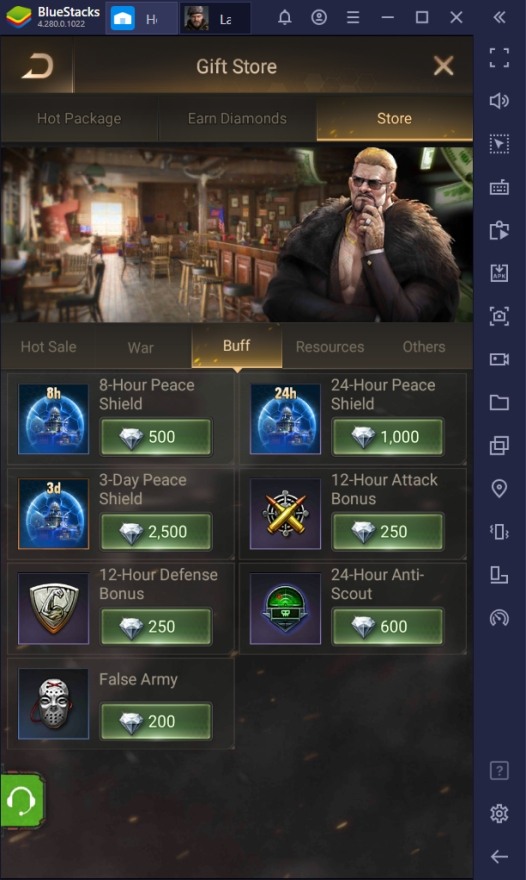
Be confident about your military; it’s better to spend your speedups to instantly train a ton of defending soldiers than to spend the limited amount of diamonds that you have to buy peace shields when you’re an F2P player. You should reserve buying peace shields either for when the enemy is trying to go for an all out rally attack with their alliance, or if you run out of backup resources to train troops. If all else fails, just teleport to another random place on the map instead.
Types of Attacks
Players that want to play as the aggressor have two options when attacking. The first type of attack is Raiding. Raiding involves sending light armies to attack extremely vulnerable players to collect resources without the end goal of totally eliminating them. The act of raiding is an economic move and has a very low risk of losing too many troops.
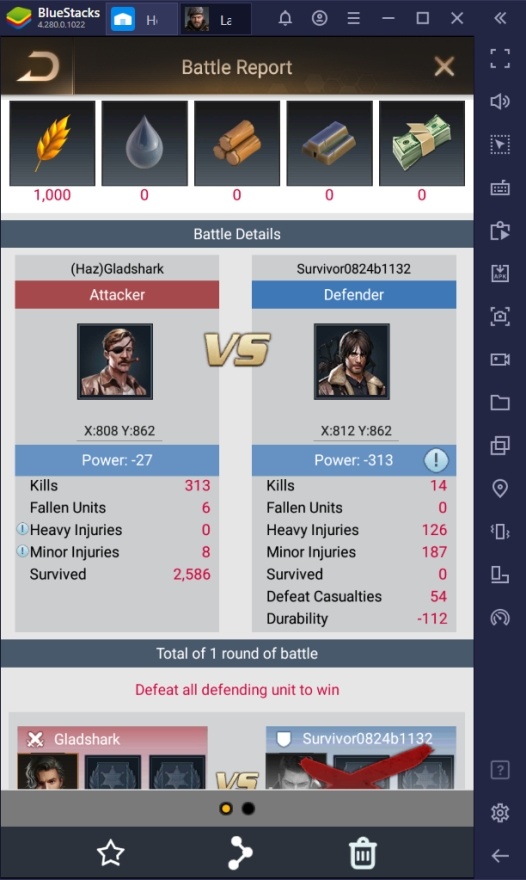
The second type of attack is Sieging. The ultimate goal of Sieging is to eliminate the player from the game entirely by sending multiple attacks until their durability reaches 0. This attack type is extremely costly and takes time. After all, you and the other party will be fighting until the loser has exhausted all of their resources to back up their military. This is commonly done with your alliance when declaring war on another alliance.


